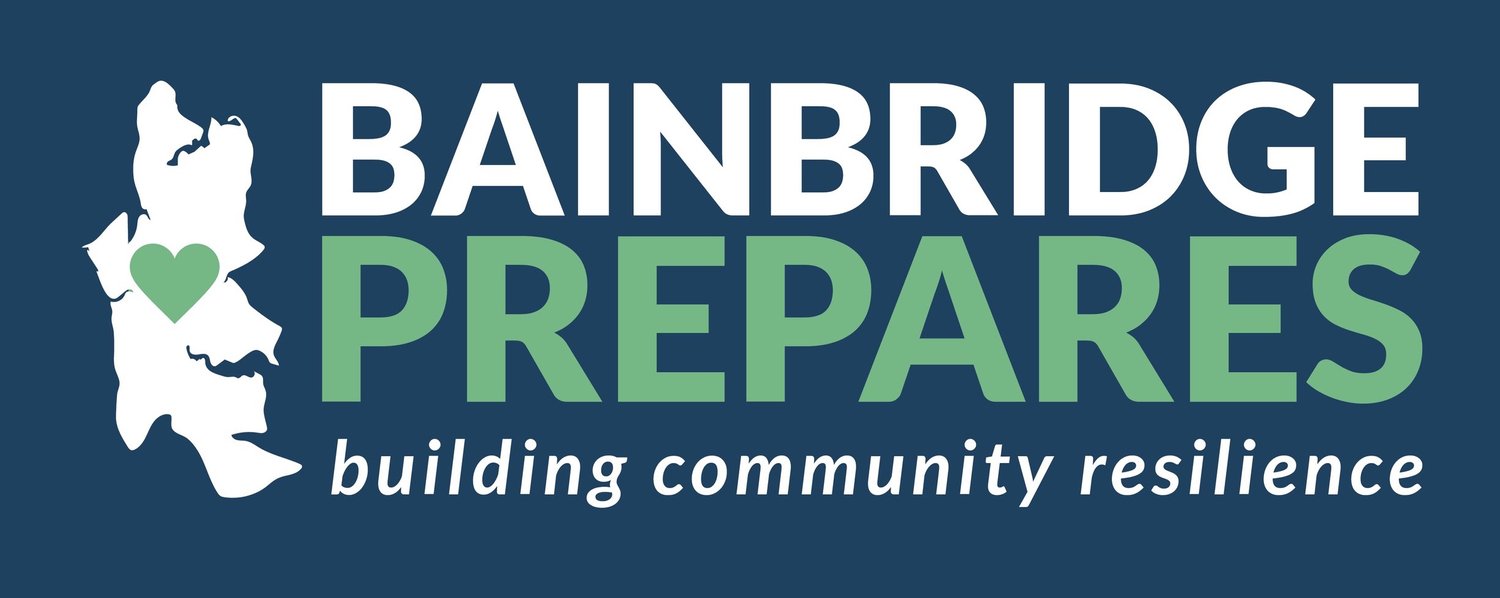Updates to FEMA's National Risk Index Show Moderate Risk for Kitsap
FEMA has enhanced its National Risk Index data and access tool to improve people's ability to learn about the relative risks of the areas where they live. The updates show a moderate level of risk for Kitsap County. Compare that to the high risk level of King County.
The risk index is calculated by multiplying the expected annual loss by social vulnerability and then dividing that figure by community resilience. The Kitsap County expected annual loss is relatively moderate, social vulnerability is relatively low, and community resilience is relatively high. Here is how Kitsap rates in terms of specific hazards:
Coastal flooding: moderate
Earthquake: high
Hail: very low
Heatwave: moderate
Ice storm: moderate
Landslide: high
Lightning: low
Riverine flooding: very low
Strong wind: very low
Tornado: very low
Volcanic activity: moderate
Wildfire: very low
Winter weather: low
Kitsap's risk index is in the 94.53 percentile nationally and the 84.60 percentile statewide. You can see specific calculations for each element of the index calculation here by using the menu at the top, after selecting Kitsap County.
The reasons for King County's high risk index include a high risk for avalanche, very high for earthquake, moderate for heat wave, moderate for ice storm, high for landslide, moderate for tornado and tsunami, and very high for volcanic activity.
The updates to the index include the addition of agricultural loss data and improved estimates of the expected annual loss values for tornados, hurricanes, wildfires, heat waves, and winter weather. The updates also include enhancements in the ways that social vulnerability and community resilience are applied to expected annual loss, the inclusion of U.S Territories in the data map, and 2020 Census–related changes. The tool was originally released in August of 2021.
Access the tool here.

